
Ukraine will host the European Karate Championship in 2026, the Ministry of Youth and Sports reported.
According to the press service of the Ministry of Sports, the decision to hold the continental championship in Ukraine was made at a meeting of the executive committee of the European Karate Federation (EKF), and Ukraine submitted the corresponding application in November 2021.
It is noted that this is the first time in the history of the European Karate Championships that it will be held in Ukraine.

Nissan Motor Ukraine, a subsidiary of the Japanese corporation Nissan Motor, has resumed deliveries of spare parts, motor oils and accessories to Ukraine from European warehouses, the company said in a press release.
“At the beginning of the resumption of operations of Nissan Motor Ukraine, the dealer network worked with spare parts that were delivered to Ukraine before February 24. But the high demand for maintenance and the efficient work of the Ukrainian representative office with the European head office of Nissan made it possible to arrange the supply of spare parts, motor oils, consumables and accessories in a much larger volume.
As reported, in April, Nissan Motor Ukraine resumed sales and maintenance of Nissan cars in the official dealer network.
The press service of the company also said that all recommended retail prices in the dealer network for spare parts, oils and consumables are fixed at the rate of UAH 33/EUR 1, deliveries of original accessories at fixed prices have begun.
“Nissan’s dealer network in Ukraine operates in almost all regions where there are dealers, even in Kharkiv, where until recently there were battles. The exceptions are Mykolaiv, Kherson, Kramatorsk and Mariupol,” the press service said.
In addition, for customers who have traveled abroad with their Nissan car, the pan-European warranty continues to be valid.
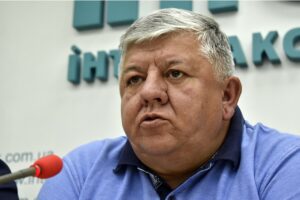
The Academy of Construction of Ukraine plans to implement a project for rapid construction of housing in the format of eight-apartment buildings for Ukrainians who have lost their homes.
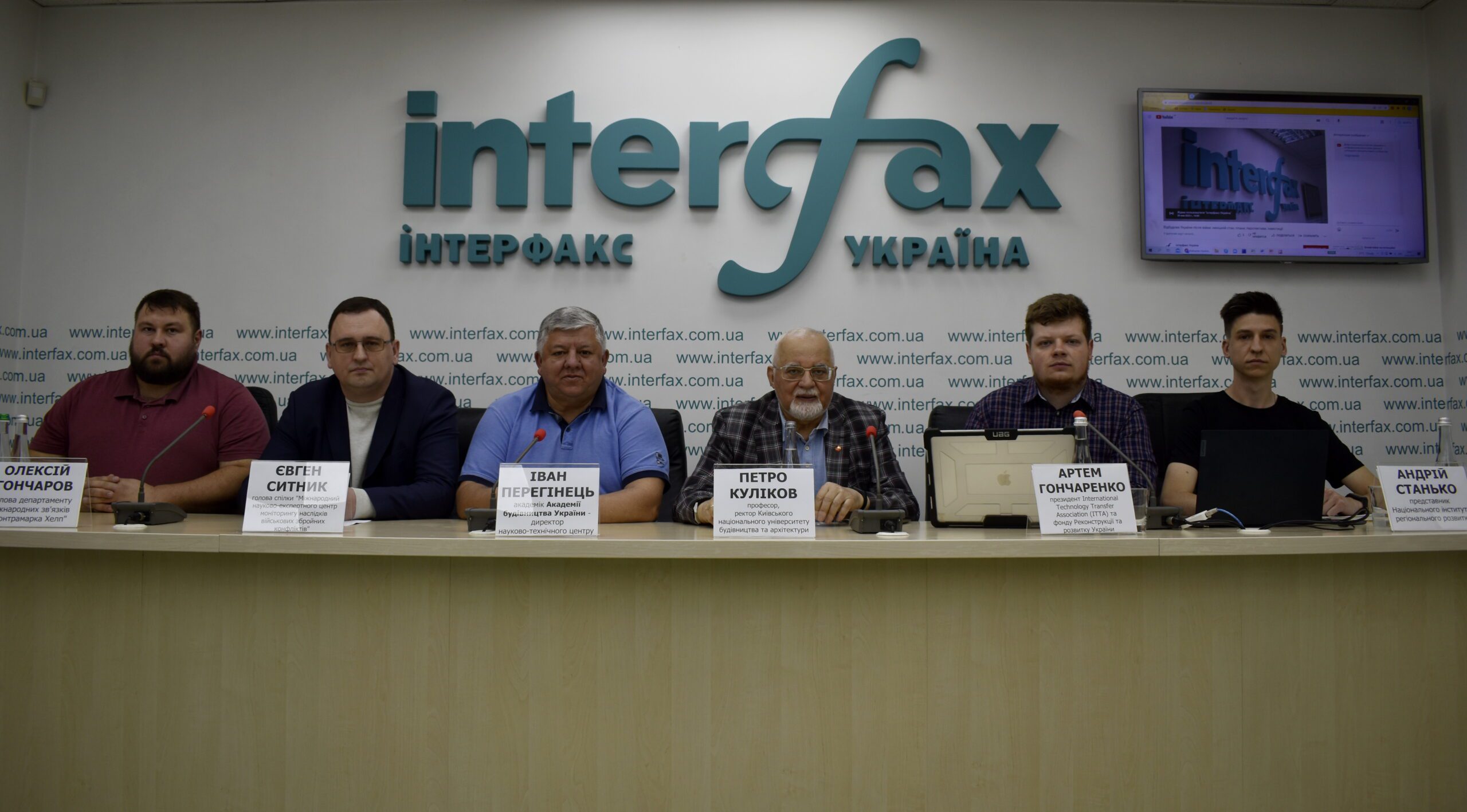
“Of course, large multi-storey housing projects initiated by the President’s Office and the Ministry of Regional Development, restoration of infrastructure and engineering networks for such projects will not be quickly implemented. We proposed a more universal format of a residential building for territorial communities – this is an eight-apartment residential building. We have worked for about 30 sketch designs and reached the finish line on the approval of project documentation,” academician of the Academy of Construction of Ukraine, director of the scientific and technical center Ivan Perehynets said during a press conference at Interfax-Ukraine on Thursday.
According to him, cooperation with a number of territorial communities is already planned for the implementation of the project, memorandums on the allocation of land have been developed. In addition, the experts developed resource sheets for the project.
Perehynets pointed out that construction of such houses would take about 60 days, which would quickly resettle people in need of housing. A small building area will allow the project to be implemented in the form of micro districts.
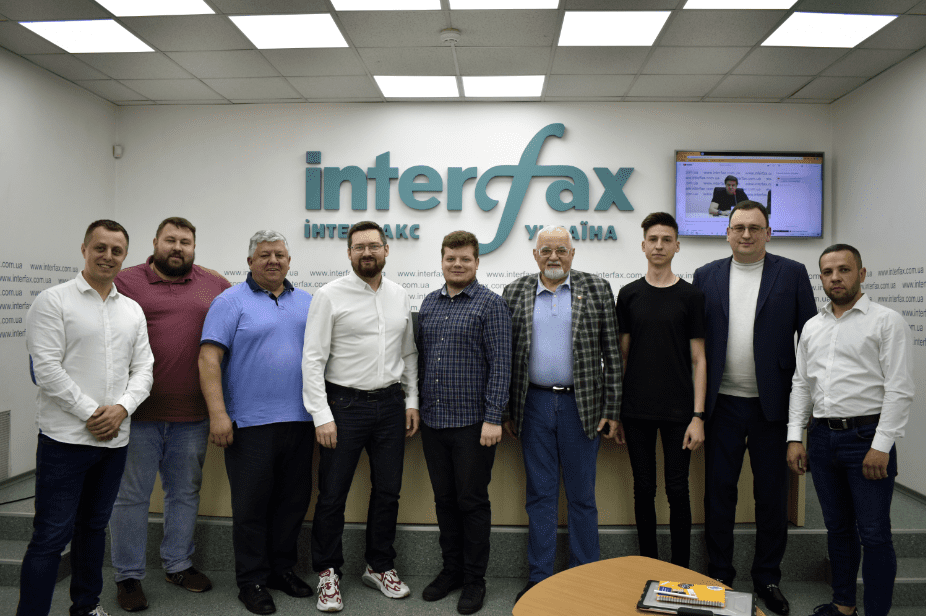
A special fund, International Construction Fund Ukraine, was created to finance the project, the expert noted.
“I think that we will start working on this in just a month or two. I invite all heads of territorial communities to apply to the Academy of Construction on this matter,” Perehynets added.
CONSTRUCTION ACADEMY, PEREHYNETS, RAPID HOUSING CONSTRUCTION
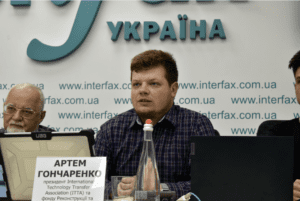
The Fund for Reconstruction and Development of Ukraine, together with the Kontramarka Help project, plans to create a rehabilitation center for civilians and military personnel in western Ukraine, and later in other regions, president of the fund Artem Honcharenko has said.

“One of the projects that will be implemented by the Fund for Reconstruction and Development of Ukraine together with Kontarmarka Help is the creation of a rehabilitation center for civilian and military people. We plan to create it in the western region, and then scale it all over Ukraine,” Honcharenko said during press conference at Interfax-Ukraine on Thursday.
According to him, the center will provide assistance in physical and psychological rehabilitation, reintegration into civilian life, and job search.
“We have been seeing this problem since 2014, when combatants were not particularly actively recruited. Now there will be even more such people, so the problem needs to be solved in the near future,” he said.
The Fund for Reconstruction and Development of Ukraine (https://rdua.eu/) was established in April 2022 at the initiative of the International Technology Transfer Association and the I-Dolina start-up platform to organize and deliver humanitarian aid to Ukraine.
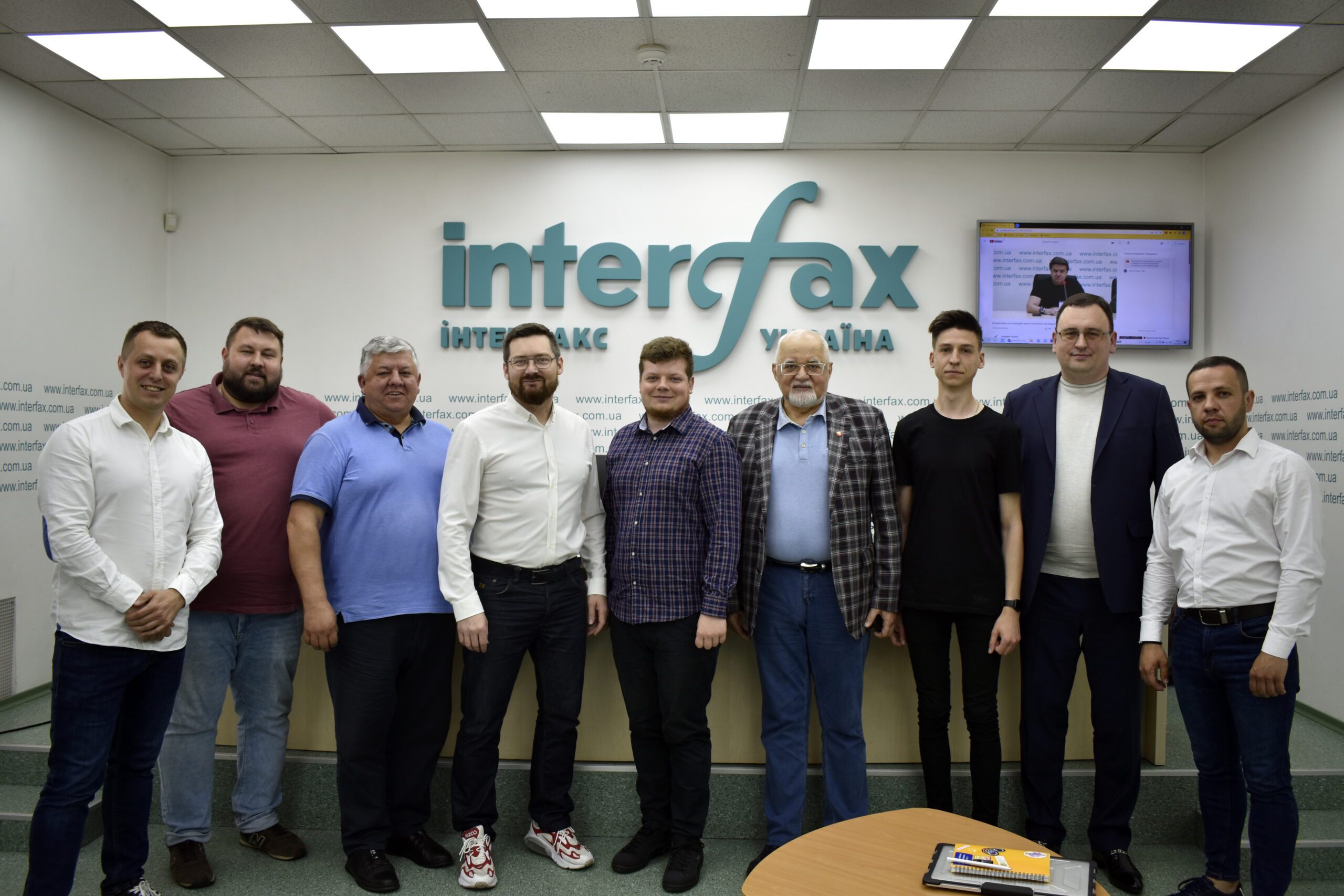
ARTEM HONCHARENKO, DEVELOPMENT, FUND, RECONSTRUCTION, REHABILITATION CENTER
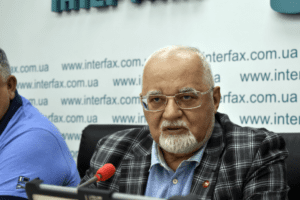
Kyiv National University of Construction and Architecture (KNUCA) will prepare bachelors under a reduced three-year program.
“We are ready to solve a problem of the shortage of specialists for restoration and construction of certain facilities. Now we are developing reduced programs, analyzing how to optimize them. After the victory, our defenders will be able to take these courses and get involved in restoration of the country as soon as possible,” professor, rector of Kyiv National University of Construction and Architecture Petro Kulikov said during a press conference at Interfax-Ukraine on Thursday.

According to him, the task is to “squeeze” the four-year bachelor’s program to three years.
The KNUCA rector noted that a smaller number of applicants is expected this year. “We are losing foreign students, as interest in the country at war, of course, is falling. Colleagues in European countries have provided preferences for our applicants, and a significant number of those who have gone abroad are considering this possibility. Despite this, we hope that we will have a full-fledged enrollment,” Kulikov said.
At the same time, he noted that international cooperation between universities is expanding. “I am grateful to our colleagues from Germany, Poland, and the Czech Republic. There are no political moments in the scientific and educational environment, there is, above all, a creative interest. In the coming days, we are signing an agreement with a French higher education institution, in June – an agreement between an association of Polish and Ukrainian universities. We are talking about the exchange of students and other forms of cooperation,” Kulikov said.

ARCHITECTURE, BACHELORS, CONSTRUCTION, KNUCA, KULIKOV, KYIV, THREE-YEAR PROGRAM, UNIVERSITY
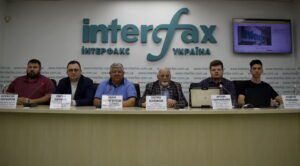
Mobile hospitals can temporarily provide medical care to communities where hospitals were destroyed as a result of hostilities, Artem Honcharenko, President of the International Technology Transfer Association and the Fund for Reconstruction and Development of Ukraine, has said.
“The creation of mobile hospitals, mobile operating rooms can ensure the operation of an almost full-fledged hospital based on a gym or any building, and tent camps can also be deployed, including in a simplified form. Until the stage of hospital recovery comes, such mobile hospitals will provide primary and secondary care,” Honcharenko said during a press conference at Interfax-Ukraine on Thursday.
The deployment time of the mobile hospital is only 40 minutes, they are designed to receive 150 patients per day, Oleksiy Honcharov, head of the international relations department of the public organization Kontramarka Help, has said.

“According to our estimates, about 40 such hospitals are needed throughout Ukraine. Of course, the more of them, the better. Currently, there is a serious problem with destroyed hospitals, so mobile hospitals can come to different cities to provide medical care,” he explained.
The Fund for Reconstruction and Development of Ukraine (https://rdua.eu/) was established in April 2022 at the initiative of the International Technology Transfer Association and the I-Dolina start-up platform to organize and deliver humanitarian aid to Ukraine.
NGO Kontramarka Help (https://www.kontramarka.help/) was founded by the creators of automation products for ticket services mticket, esport, Kontramarka for humanitarian aid to the army, territorial defense, hospitals.